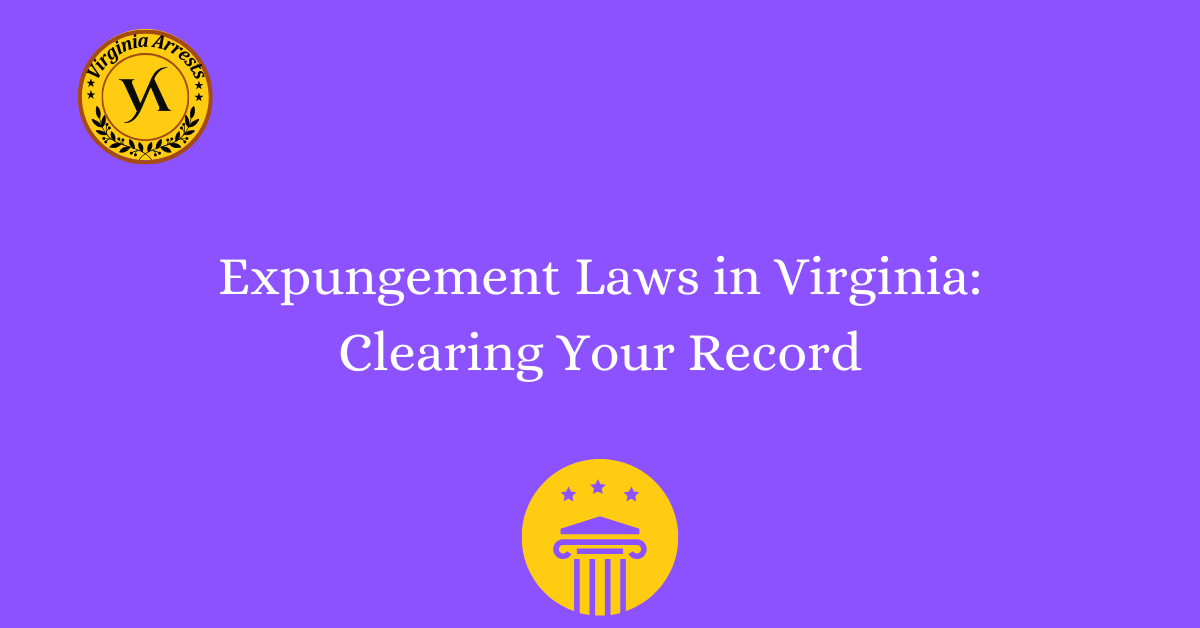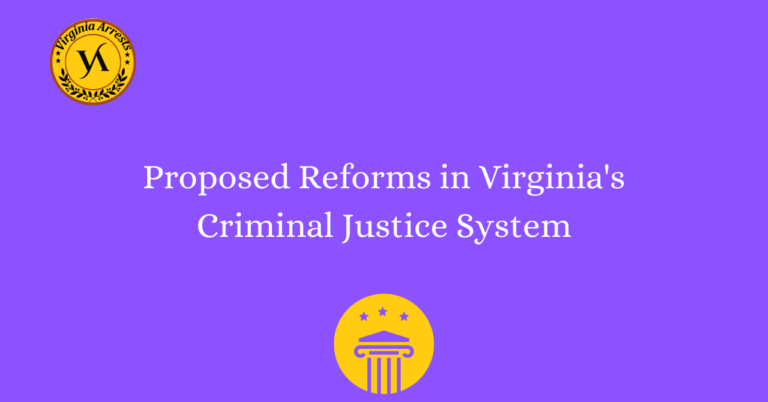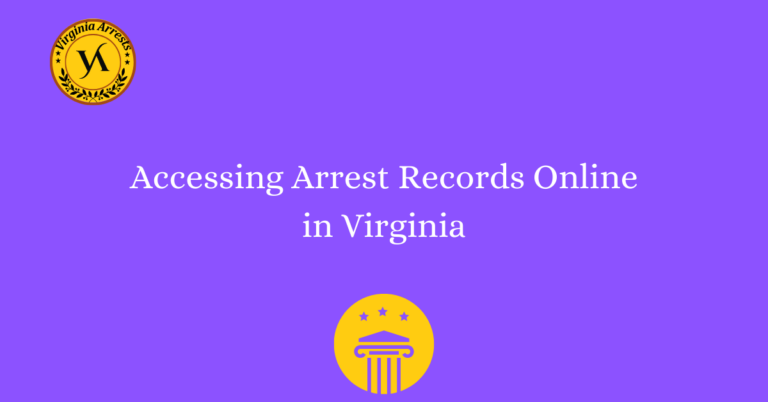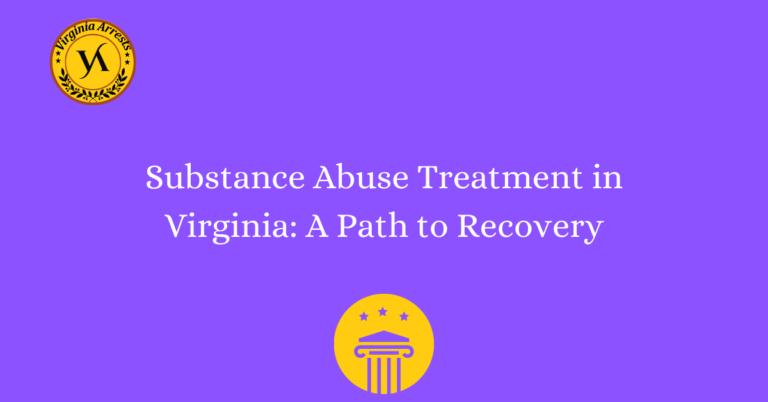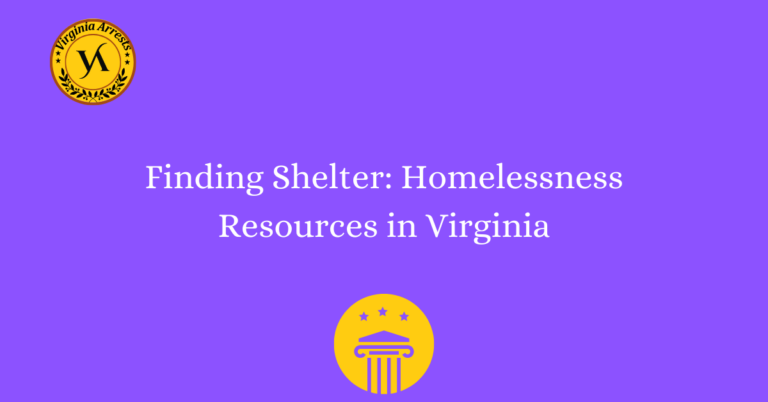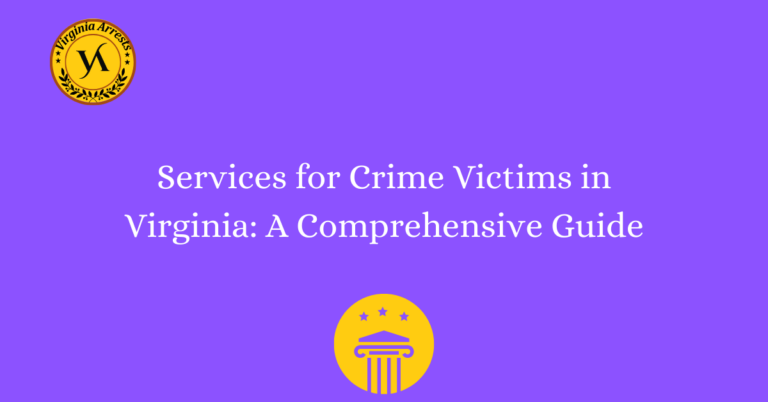Expungement Laws in Virginia: Clearing Your Record
Having a criminal record can have long-lasting effects on your life, affecting your employment prospects, housing options, and even your personal relationships. Fortunately, Virginia has laws in place that allow individuals to clear their records through a process called expungement. Expungement is the legal process of sealing or erasing criminal records, giving individuals a chance to start fresh and move forward with their lives. In this article, we will explore the expungement laws in Virginia, the eligibility requirements, and the steps involved in clearing your record.
The Expungement Process in Virginia
Expungement is a legal process that allows individuals in Virginia to clear their criminal records. This process involves sealing or erasing the records, providing individuals with a fresh start and the opportunity to move forward in life without the burden of a criminal past.
Eligibility for Expungement
Not everyone is eligible for expungement in Virginia. There are certain criteria that must be met in order to qualify for this process. Eligibility requirements include the type of offense committed, the time that has passed since the offense, and the individual’s criminal history. It is important to consult with a legal professional to determine your eligibility for expungement.
The Benefits of Expungement
Expunging a criminal record can have numerous benefits for individuals. One of the primary benefits is the ability to improve employment prospects. With a criminal record, it can be difficult to secure certain jobs or advance in a career. Expungement provides individuals with a clean slate, allowing them to pursue their desired career paths without the stigma of a criminal past.
Expungement also opens up housing options. Many landlords conduct background checks on prospective tenants, and a criminal record can be a barrier to finding suitable housing. By clearing their record, individuals have a better chance of finding stable and safe housing.
Additionally, expungement can have a positive impact on personal relationships. A criminal record can strain relationships with family, friends, and romantic partners. By expunging their record, individuals can rebuild trust and restore their relationships.
The Expungement Process
The process of expungement in Virginia involves several steps. First, individuals must determine their eligibility for expungement and gather the necessary documentation and information. This may include court records, arrest records, and other relevant documents.
Next, individuals must file a petition for expungement with the appropriate court. This petition must include the reasons for seeking expungement and the specific records that the individual wants to have sealed or erased.
After filing the petition, there will be a hearing where the court will review the case and make a decision. It is important to present a strong case and provide evidence supporting the need for expungement.
If the court grants the expungement request, the records will be sealed or erased, and the individual’s criminal history will be updated accordingly. It is important to note that expungement does not completely erase all records, as certain government agencies may still have access to sealed records under certain circumstances.
FAQs
What are expungement laws in Virginia?
Expungement laws in Virginia allow individuals to clear their criminal records under certain circumstances. These laws provide a legal process for sealing or erasing past convictions, arrests, or charges from public view.
Who is eligible for expungement in Virginia?
Eligibility for expungement in Virginia depends on various factors, including the type of offense, the outcome of the case, and the individual’s criminal history. Generally, individuals who were acquitted, had charges dismissed, or completed a deferred disposition may be eligible for expungement.
What is the purpose of expungement laws in Virginia?
The purpose of expungement laws in Virginia is to give individuals with a criminal record a second chance. Expungement allows them to move forward with their lives without the stigma and negative consequences associated with a criminal record.
How do I start the expungement process in Virginia?
To start the expungement process in Virginia, individuals must file a petition with the appropriate court. The petition should include relevant information, such as the case number, charges, and reasons for seeking expungement. It is advisable to consult with an attorney for guidance throughout the process.
What is the timeline for expungement in Virginia?
The timeline for expungement in Virginia can vary depending on the specific circumstances of the case and the court’s workload. Generally, it can take several months to complete the entire process, including filing the petition, attending hearings, and awaiting a decision from the court.
Are there any limitations to expungement in Virginia?
Yes, there are limitations to expungement in Virginia. Some offenses, such as violent crimes or certain felony convictions, may not be eligible for expungement. It is important to consult with an attorney to determine if your specific case qualifies for expungement.
Conclusion
Expungement laws in Virginia provide individuals with the opportunity to clear their criminal records and start fresh. By going through the expungement process, individuals can improve their employment prospects, housing options, and personal relationships. It is important to consult with a legal professional to determine eligibility and navigate the expungement process successfully.

